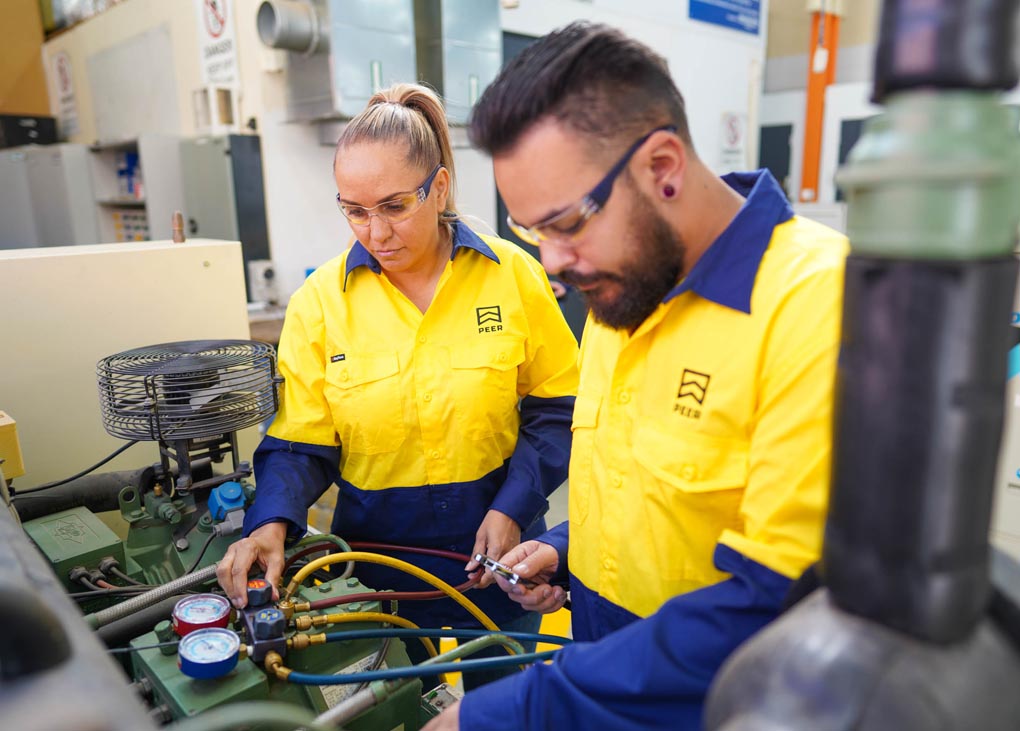It’s National Skills Week again, and this year the event created to raise awareness of VET pathways comes at a time when Australia needs vocational education and training more than ever.
National Skills Week’s Chairman Brian Wexham notes that a severe shortage of skilled construction workers is slowing delivery and increasing the cost of home builds, major infrastructure projects and everything in between.
“The shortage of skilled construction workers is hampering the delivery of many projects in this country,” says Wexham. “COVID-19 has disrupted building material supply chains over the last two years, increasing the lead times and costs of materials. On top of this, workers have been able to command higher wages and be more selective than ever about their chosen employer.”
According to industry consultancy Arcadis, construction job vacancies have risen by 80 per cent since late 2019. Arcadis also forecasts that by 2023 there will be more than 100,000 unfilled roles in the sector – almost 50 per cent greater than the number of people who are expected to be qualified to fulfill the roles.
Now moving into its 12th year, National Skills Week 2022 is being held from August 22–28, and invites Australians to explore the skills on offer through vocational education and training.
A key objective of National Skills Week is to identify and highlight industries with the most in-demand jobs of the future, as well as sectors forecast to see the biggest growth in coming years. The goal is to ensure that Australians can gain the training and education they need to secure those jobs and maintain stable long-term employment.
In line with this goal, the theme for 2022 is “A Universe of Skills: Go beyond your imagination”. Organisers are asking people to imagine and re-imagine possibilities for careers, opportunities and emerging industries.
Wexham says it is critical that school leavers, job seekers, parents and career changers are informed of what the jobs of the future are, and what Australia’s most critical skills shortages and jobs needs are.
“This will ensure our young people, yet to start careers, can gain training and skills that are going to secure them a job at the end of that training,” he says.
“Further, it will assist in funnelling Australia’s labour market into the training opportunities which are most likely going to lead to their employment – that is, the most in-demand jobs of the future.”
Hundreds of events are held around the country to celebrate National Skills Week. For more information about these activities, as well as a suite of resources, go to www.nationalskillsweek.com.au
Image courtesy of PEER.
 Mark Vender
Mark Vender


Leave a Reply